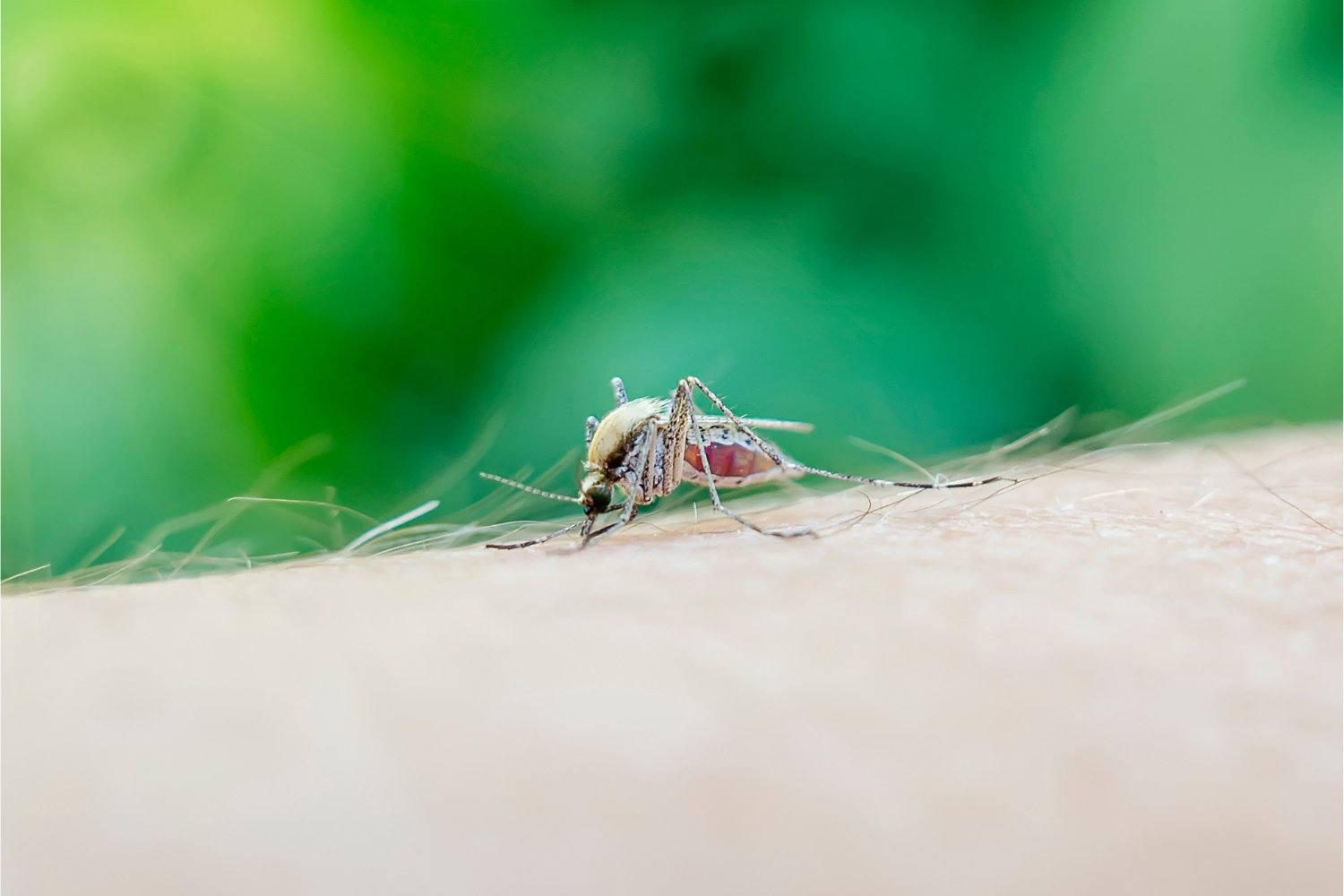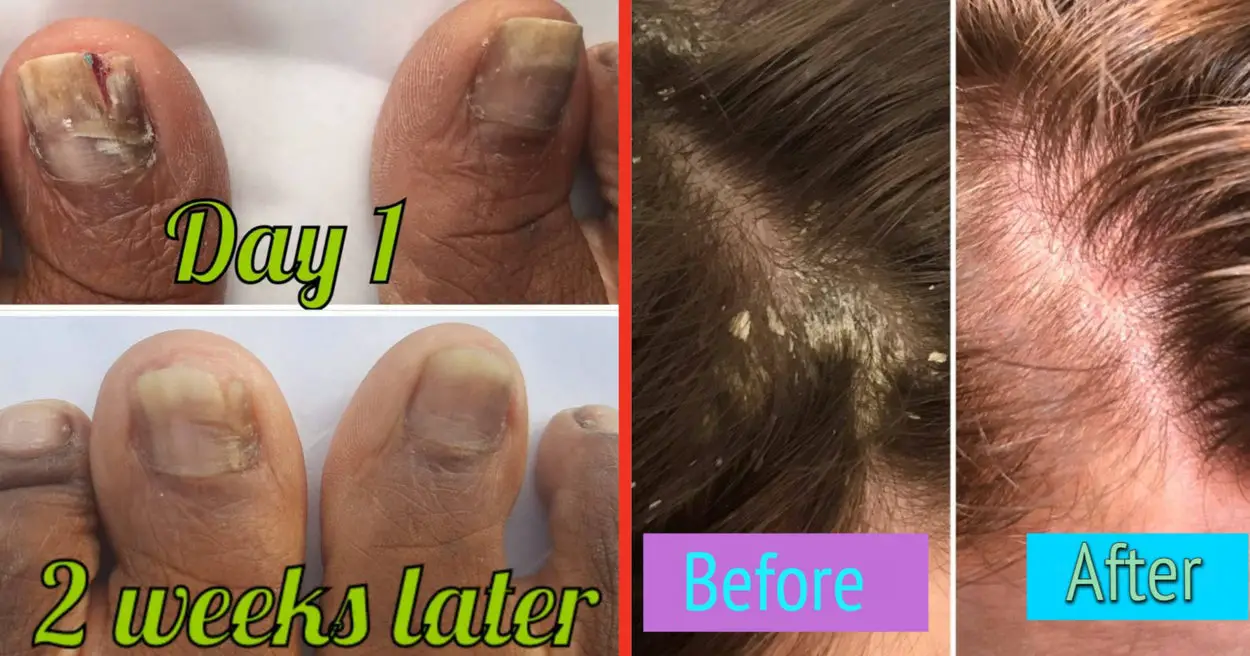A rare but deadly mosquito-borne virus has sent Massachusetts residents scrambling for cover. Last week, the town of Oyster enacted a voluntary curfew to lessen the risk of people contracting Eastern equine encephalitis, or EEE. The decision was prompted by the state’s first case seen since 2020.
Unlike other diseases commonly spread by mosquitoes, such as malaria or dengue, EEE isn’t a persistent thorn in humanity’s side. The virus usually circulates between Culiseta melanura mosquitoes and birds living in freshwater hardwood swamps. But sometimes these infected mosquitoes will bite humans who wander too close to a swamp, or people will get bitten by other species that recently fed on infected birds. Either way, humans (and horses, for that matter) are dead-end hosts, since the virus can’t replicate well enough in our bloodstream to be transmitted any further by mosquitoes.
While EEE doesn’t regularly infect humans, it can cause real trouble when it does. The virus can invade the brain, triggering a severe infection that kills about a third of its victims. And even those who survive these infections are often left with lingering neurological symptoms.
In 2019, there were 38 reported cases of EEE in the U.S.—the most documented in recent history. On average, there are 11 cases reported annually, according to the Centers for Disease Control. This year has been tamer than usual, with only 4 human cases and one death (in New Hampshire) reported so far. But one of these cases recently occurred in the county of Worcester, Massachusetts, involving a man in his 80s who has been hospitalized as a result. And that has led health officials to take action.
Last week, the Massachusetts Department of Public Health declared that four towns in Worcester—Douglas, Oxford, Sutton, and Webster—were now considered to be at critical risk for EEE, following the discovery of the state’s first case in nearly five years. They advised that people living in these areas take precautions, such as using insect repellant, wearing long-sleeved clothing, cleaning up sources of stagnant standing water near their homes, and trying to stay indoors during dawn and dusk hours (peak feeding time for many mosquitoes). But in Oxford, home of the state’s human case, Board of Health officials took things one step further. They voted to enact a curfew last Wednesday, recommending that outdoor events end at 6 p.m. through September, and at 5 p.m. starting in October through the year’s first hard frost. The curfew is voluntary for residents, though it will apply to all town-sponsored events. Private businesses still planning to use town-owned lands for their evening events will be required to first have appropriate insurance and take on any legal liability, the Worcester Telegram & Gazette reported.
This is far from the first time that local officials have enacted curfews to prevent the spread of EEE, with several towns in Massachusetts and Connecticut doing the same in 2019. But this time, the decision received much more ire from some residents. About 200 people showed up at a town hall meeting set to discuss the measure, CNN reported Tuesday, some of whom voiced displeasure about the move. At least for some of these dissenters, the memory of the covid-related public health measures that occurred years earlier loomed large in their minds.
“In my family, we were completely done when Covid ended. We were done being locked inside, being scared. Living scared is no way to live,” Philip Davis, president of Oxford’s Little League, told CNN.
The pushback wasn’t enough to deter health officials, however, who voted unanimously for the curfew. “At the end of the day, the Board of Health’s job is to protect public health, and there is EEE in Oxford. It’s a very serious illness, and we don’t want anyone else to get sick,” Rike Sterrett, Oxford’s director of public health, told the Worcester Telegram & Gazette.
2024 is looking to be an off-year for EEE, and it’ll likely never become as serious a problem as other mosquito-borne illnesses, like West Nile. But scientists have warned that a warming climate will make EEE and many other diseases spread by insects and ticks a more common reality stateside.











Leave a Reply